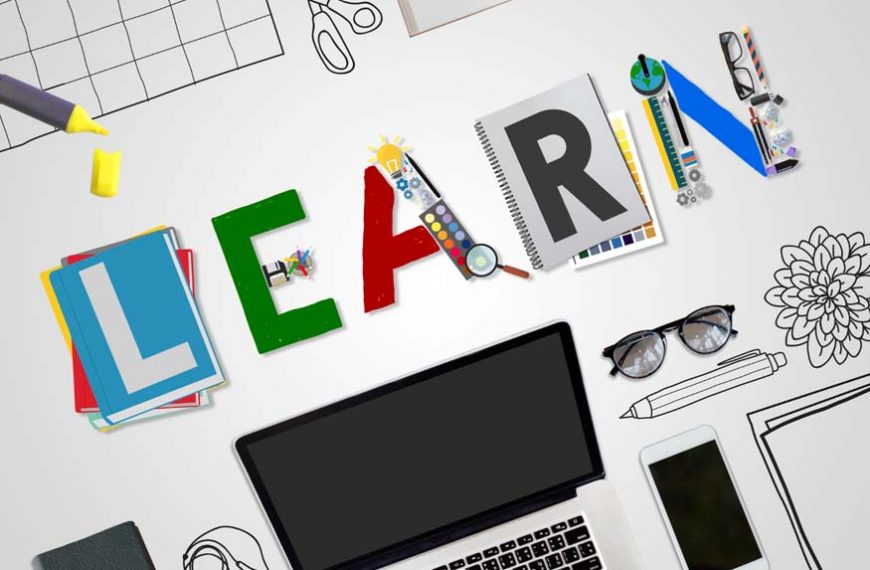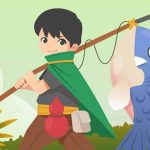The Importance of Learning: From Evolution to Empowerment
“Curiosity,” my grandmother would say, “is what keeps the spirit young.” I still remember the day she, at 80, decided to plunge into the world of e-learning. Navigating the tablet was a challenge, but there she was, marvelling at the art of Japanese Origami. Every fold she made and every structure she created was a testament to a fundamental truth of human existence: the undying importance of learning.
From the ancient gurukuls of Vedic India to the digital classrooms of today’s era, the Indian subcontinent has always emphasised the significance of learning. The sheer depth and breadth of our philosophical scriptures like the Upanishads and Vedas underscore a fundamental truth – learning is an integral part of our cultural DNA. But why is learning important? Why is it important to learn new skills?
Why is learning important?
The question “Why is learning important?” might seem ubiquitous, but it’s foundational. Learning not only aids our survival but also enriches our life experiences. It bridges gaps between cultures, introduces us to worlds we’ve never known, and provides us with the tools to innovate and change the status quo. At its core, learning offers a lens through which we see the world. It’s not merely about data assimilation, but about making connections and enriching our lives.
Growth and Evolution: Our capacity for learning and adapting has been essential to our evolution as a species from the time of the cavemen to the modern age. We develop not only intellectually but also emotionally and socially with each new skill or piece of knowledge.
Staying Relevant: In a fast-paced world where technological advancements emerge overnight, it’s imperative to stay updated. This brings us to the significance of learning new skills. If one is not learning, one is stagnating.
Emotional and Mental Well-being: Learning is also a wonderful stimulant for the brain. Just as our muscles need exercise, our brain craves information. By being lifelong learners, we keep our minds active, reducing the chances of cognitive decline.
Bridging Cultural and Generational Gaps: One of the most endearing aspects of learning is its universality. Whether you’re in Asia learning about European history or a millennial exploring vinyl records, learning helps us understand different cultures and generations.
Building Confidence and Independence: As we learn, we become more self-assured, ready to tackle challenges and navigate complex situations.
Enabling Innovation: Knowledge is the foundation of creativity. The more we know, the better we can ideate, innovate, and create.
The Digital Gurukul: Benefits of E-Learning
With the surge in technological growth, e-learning has taken centre stage. Its flexibility and accessibility make it a preferred choice for many. E-learning has emerged as the modern gurukul, providing knowledge at our fingertips. Especially in a vast country like India, with its varied terrain and diverse populace, e-learning bridges the divide, democratising education. But what are the tangible benefits of e-learning?
Flexibility and Convenience: Traditional teaching classroom settings often confine students to rigid schedules, limited by time and place. E-learning, however, gifts learners the luxury of choice.
Personalised Learning Paths: We all learn differently. Some of us might grasp certain concepts quicker than others, and vice versa. E-learning platforms acknowledge this by allowing users to design their learning trajectory. This customization ensures that learners are neither bored nor overwhelmed, but are engaged at their optimal pace.
Cost-Effective: Traditional education often comes with hidden costs—transport, accommodation, textbooks, and more. With e-learning, many of these expenses vanish. Not only are many online courses more affordable, but the absence of commuting and housing expenses makes a significant difference in the overall cost. In the long run, learners can save a substantial amount while still receiving a quality education.
Innovative Teaching Methods: The era of tedious lectures and mindless memorization is over. E-learning platforms use a wide range of cutting-edge strategies, such as gamification, virtual reality, and augmented reality. By using these techniques, learning becomes more pleasurable and improves comprehension. Such interactive modules cater to various learning styles, ensuring that complex concepts are more accessible and engaging.
Diverse Course Offerings: In a traditional setting, courses can be limited by the resources and expertise available at a given institution or location. E-learning platforms, however, transcend these barriers. Want to study quantum physics, digital art, ancient civilizations, or gourmet cooking? There’s likely an online course for that. Such diversity ensures that everyone can find something that resonates with their passions or career aspirations.
Collaborative Learning: The internet has made the world a global village, and e-learning platforms leverage this connectedness. Students can interact with peers from different continents, share perspectives, discuss ideas, and embark on collaborative projects. This global exposure not only enhances the learning experience but also fosters a sense of unity, understanding, and appreciation for diverse cultures and viewpoints.
The Evergreen Essence of Learning
It isn’t merely about formal education or securing jobs. Understanding the world, oneself, and adding to humankind’s collective wisdom are the three goals. Every piece of knowledge broadens your perspective, whether you’re learning a new language, comprehending quantum physics, or simply discovering why the sky is blue.
The importance of learning is witnessed in everyday narratives. Picture this: A young woman, backpacking across Europe, can strike a conversation with locals in Spain, thanks to her recent Spanish e-course. Or, a retired banker taking an online music lesson, finding solace in melodies. These narratives are woven with the threads of knowledge.
The Social Fabric of Learning
One cannot overlook how learning shapes societies. Knowledgeable societies are more progressive, tolerant, and flexible. When people make a commitment to learning, they support not only their own development but also the improvement of society. Knowledgeable societies tend to be more democratic, promoting freedoms, fostering innovation, and championing rights. An educated populace is often the backbone of prosperous and progressive nations. Thus, every eBook read, every e-course taken, and every lecture attended has ramifications that ripple out, benefiting the world at large.
In conclusion, learning is the very essence of our existence. From the moment we are born till our last breath, we’re constantly learning.
As I see my grandmother, now 85, with her fingers gracefully moving over her tablet, switching from Origami to a course on Shakespearean literature, I’m reminded of the beauty of learning. Her eyes, filled with the same enthusiasm as a young child learning to walk, make me realise that learning truly knows no age. Every experience, every skill acquired, paints a stroke on the canvas of our lives.
For those with little ones at home, looking for a brilliant early start to their educational journey, check out Eurokids. Our foundational approach to nurturing curiosity and encouraging exploration makes it a delightful haven for young learners. Visit our website or visit the nearest Eurokids centre today to learn more about you.

















